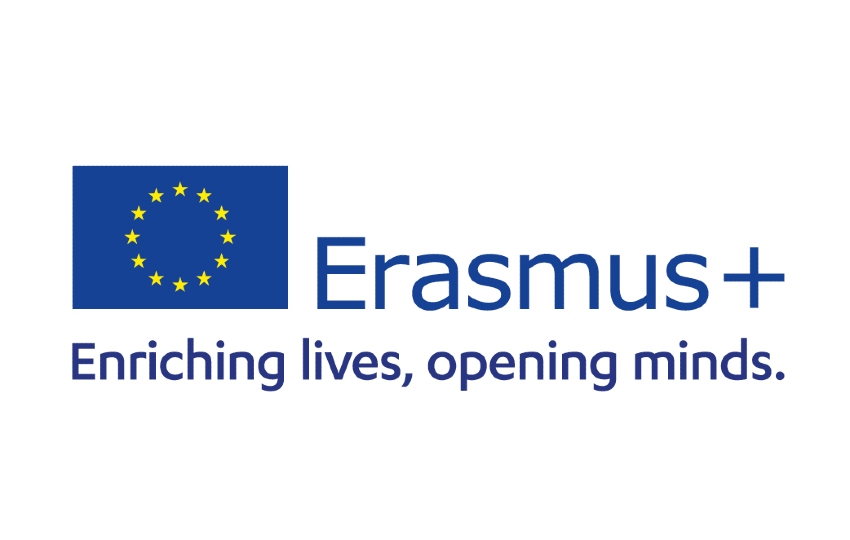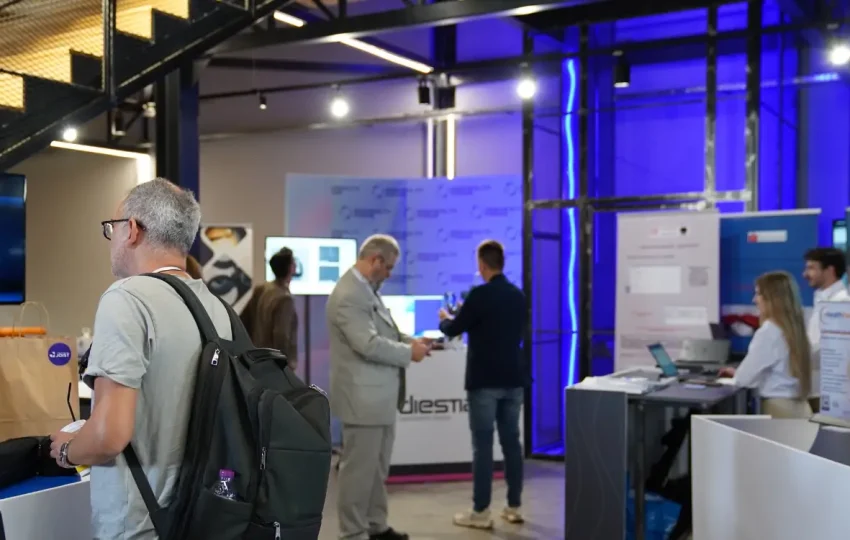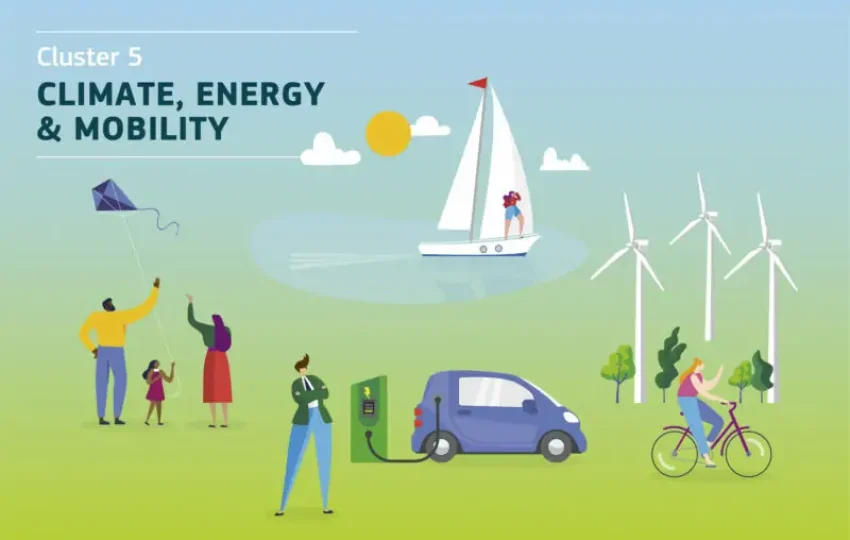If you’ve searched about Erasmus+ funding at some point, you should have read about the Erasmus+ Key Actions. Experienced organisations in EU funding, especially in the Erasmus+ programme, should already be familiar with these terms. But, if your organisation is just thinking about exploring the potential that Erasmus+ funding 2021 has to offer, you’ve come to the right place.
EUcalls is one of the best tools to help you throughout your EU funding journey. But apart from the quality services EUcalls members enjoy, it is also an excellent point of reference for everything related to European funding and creating reliable partnerships. Becoming an EUcalls member is free, while you automatically join a community of more than 6600+ EU partners looking for a reliable organisation like yours to become partners.
Keep reading this article as we are about to explain the Erasmus+ Key Actions and how you can use them. But first, let us start from the basics.
What is the Erasmus+ Programme?
The Erasmus Programme has been around for 34 years with different names. It had supported and financed European mobility in the European Union since 1987, with a milestone in 2014 when it became Erasmus+ and introduced new support schemes for education, training, youth and sport.
This new programming period, Erasmus+ 2021-2027, has almost double the budget (€ 26.2 billion) than 2014-2020 (€14.7 billion). From this budget, about 70% is estimated to support mobility. In comparison, the remaining 30% will go towards cooperation projects and policy development activities. Meanwhile, approximately 10million Europeans of all ages and backgrounds are expected to benefit from this programme.
Erasmus plus main focus is to support the priorities of the European Education Area, the Digital Education Actional Plan, the European Youth strategy and the European Union Workplan for Sport.
What are the Erasmus+ Key Actions?
To learn more details about and understand better the Erasmus+ programme, we need to visit the Erasmus+ Programme Guide 2021. This document contains all the necessary information, rules and conditions that someone needs to know before receiving a European grant.
The Erasmus+ Key Actions, commonly referred to as KA1, KA2, KA3 and Jean Monnet Action, are explained in Part B of the Erasmus+ Programme Guide and reads as follows:
Key Action 1 or KA1 – Mobility of Individuals
This Erasmus+ Key Action supports:
- Mobility projects for learners and staff: opportunities for pupils, students, trainees and young people, as well as for professors, teachers, trainers, youth workers, sports coaches, staff of education institutions and civil society organisations to undertake a learning or professional experience in another country;
- Youth Participation Activities: youth-led local and transnational initiatives by youth organisations to participate in democratic life, raising awareness about European Union common values and fundamental rights;
- Discover EU Activities: actions offering young people to travel through Europe and discover its cultural diversity to gain a sense of belongingness to the European Union;
- Language Learning Opportunities
Key Action 2 or KA2 – Cooperation among organisations and institutions
This Erasmus+ Key Action supports:
- Partnerships for Cooperation, comprising:
- Cooperation Partnerships: The primary goal of Cooperation Partnerships is to allow organisations to increase the quality and relevance of their activities, to develop and reinforce their networks of partners, to increase their capacity to operate jointly at transnational level;
- Small-scale Partnerships: this action aims at widening access to the programme to small-scale actors and individuals who are hard to reach in the fields of school education, adult education, vocational education and training, youth and sport.
- Partnerships for Excellence, including:
- European Universities: This action supports the emergence of bottom-up networks of higher education institutions, which will bring cross-border cooperation to the next level of ambition through the development of long-term joint strategies for top-quality education, research and innovation, based on a common vision and shared values;
- Centres for Vocational Excellence: This initiative supports the development of transnational platforms of centres of vocational excellence closely integrated in local and regional strategies for growth, innovation and competitiveness;
- Erasmus+ Teacher Academies: The overall objective of this action is to create European partnerships of teacher education and training providers to set up Erasmus+ Teacher Academies that will develop a European and international outlook in teacher education;
- Erasmus Mundus Action: This action aims at fostering excellence and worldwide internationalisation of higher education institutions via study programmes – at the master course level.
- Partnerships for Innovation
- Alliances for Innovation: This action aims at fostering strategic cooperation between key players in higher education and vocational education and training, business and research – the “knowledge triangle”;
- Forward-looking projects: This action will aim to foster innovation, creativity and e-participation, and social entrepreneurship in different fields of education, training, youth and sport.
- Capacity Building in the field of youth: this action supports cooperation and exchange in the field of youth between Programme and Partner Country organisations and covers non-formal learning activities, with a focus on raising the capacity of organisations working with young people outside formal learning while ensuring the active participation of young people.
- Not-for-profit European sport events: This action will support the preparation, organisation and follow up of not-for-profit sports events, organised either in one single country or in several countries by not-for-profit organisations or public bodies active in the field of sport.
Key Action 3 or KA3 – Support to policy development and cooperation
This Erasmus+ Key Action supports:
- European Youth Together: action, targeting youth organisations at grass root level which want to establish partnerships across borders, i.e. which aim at adding a European dimension to their activities;
- Actions that foster policy dialogue with stakeholders within and outside the European Union, through, for example, conferences, events and other activities involving policymakers, practitioners and other stakeholders in the fields of education, training, youth and sport,
Jean Monnet Actions
The Jean Monnet Actions will support:
- Jean Monnet in the field of higher education: his action supports Higher Education Institutions inside and outside Europe to promote teaching and research on European integration and promote policy debate and exchanges involving the academic world and policymakers on Union policy priorities;
- Jean Monnet in other fields of education and training: This action promotes knowledge on the European Union in schools and vocational education and training (VET) institutes in the Programme Countries;
- Support to designated institutions: The action supports institutions pursuing an aim of European interest, providing to the Union, its Member States and its citizens high-quality services in specific priority subject areas.
Conclusion
Having read this guide on the Erasmus+ Key Actions, we hope that you have learned a thing or two about this important European programme. At first, all that information may be overwhelming. But, to make your life easier, you should first identify what kinds of Erasmus+ Key Actions your organisation is capable or interested in implementing. However, in reality, you will become an expert in no time as soon as you start getting deeper into Erasmus+.
To see all the available Erasmus+ calls for proposals from all Key Actions, sign up for EUcalls today and let your EU funding journey begin.


